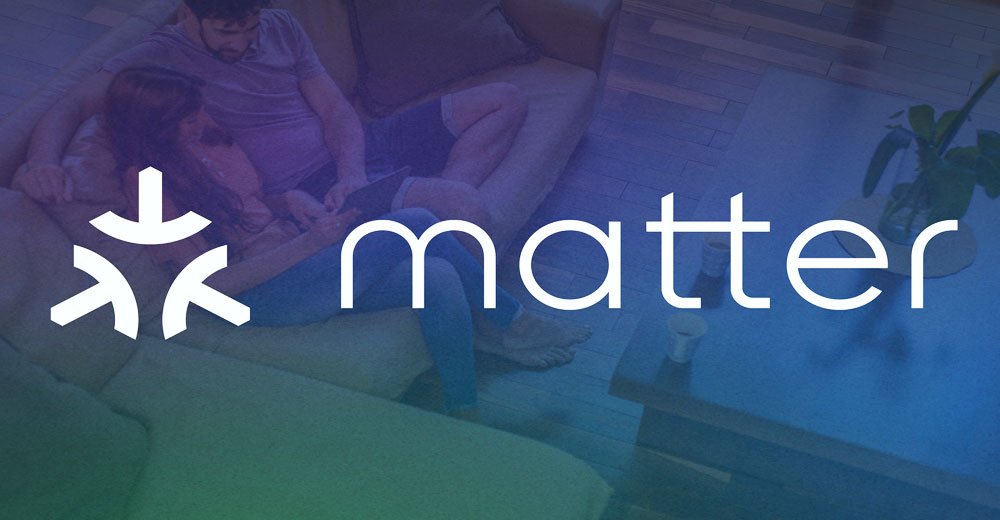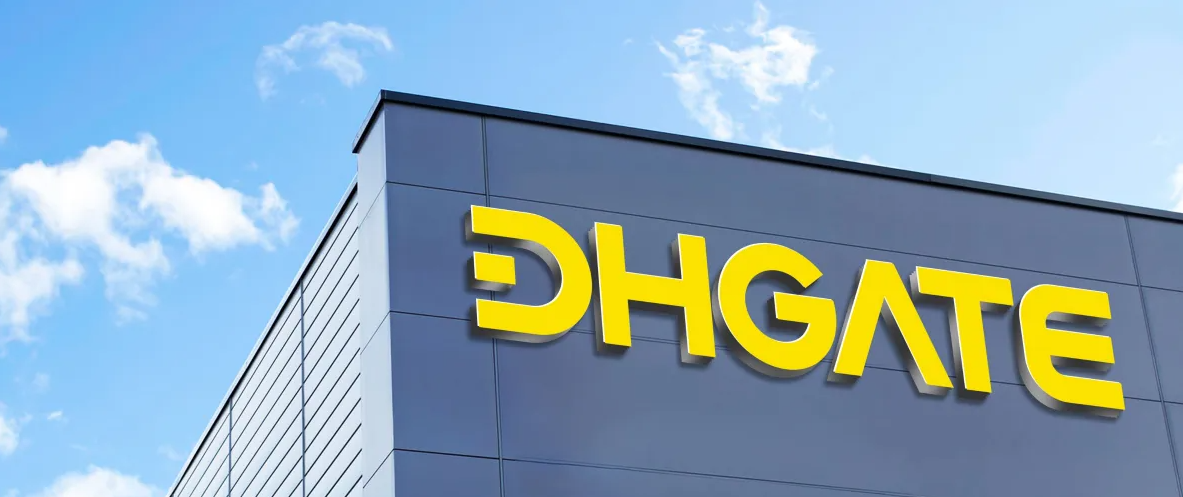
[ad_1]
While watching the live stream of last week’s formal announcement of the Matter smart home initiative, I couldn’t resist recalling Samuel Becket’s classic existentialist play, “Waiting for Godot,” where two characters participate in several discussions and encounters while awaiting Godot, a proxy for God, who never arrives.
After all, the Matter initiative was made public in December 2019, almost three years ago, by the Connectivity Standards Alliance (formerly Project Connected Home Over IP).
Matter is a royalty-free home automation connectivity standard that simply requires manufacturers to fund certification costs. Despite several delays over the past three years, Matter has attracted support from several smart home heavyweights, including Amazon, Google, Comcast, Apple, and the Zigbee Alliance.
Matter’s mission is indisputably critical to the future growth of the smart home as it seeks to reduce the well-known fragmentation across multiple vendors and attain interoperability among smart home devices and internet of things (IoT) platforms from dissimilar manufacturers.
In theory, Matter certification would allow consumers — and businesses — never to worry about a smart home device from Amazon, Apple, or Google (just to list the big hitters) working with each other. At least, that’s the promise.
Matter Pulls Back the Curtain
Last week in Amsterdam, the CSA and the group developing Matter declared it had formally released version 1.0 and that scores of smart home products — several hundred, in fact — were certified. The implication is that the market should see products with the “Matter” logo on shelves soon, though probably after the holidays.
The launch event featured an impressively broad spectrum of smart home solutions, ranging from motion blinds, occupancy sensors, door locks, smart plugs, lighting, and gateways. The CSA claims that 190 products have either received formal certification or waiting for testing and certification.
What This All Means
Refreshingly, Godot may be finally showing up on the smart home stage. The delays in actual Matter-certified solutions coming to market have not slowed down industry support and momentum for the initiative. If anything, multiple leaders in the smart home space continue doubling their support for Matter.
For example, Amazon used the launch event to announce it will have 17 different Echo devices, plugs, switches, and bulbs (albeit with Android support) working with Matter in December. In fact, some smart home devices have already been released or are being updated with Matter accreditation.
One of the promises of Matter, beyond the interoperability benefits, is that it should enable entirely new use cases and experiences not previously contemplated. Several prominent “ingredient” companies, including Infineon Technologies and Silicon Labs, are in the process of integrating Matter support into their chips. This fact should allow device manufacturers to bring new iterations of Matter-compliant devices faster to market.

Sample Matter-certified smart home devices | Image Credit: Connectivity Standards Alliance
What’s more, companies like Schneider Electric which deliver smart home energy management systems to consumers and businesses, believe that Matter devices will ultimately facilitate lower energy bills via better energy monitoring, control, and optimization.
Finally, Matter certification has wisely contemplated security and privacy requirements in its spec. While ease of use and interoperability underscore the mission of the Matter spec, security attributes should allow for a more robust protection perimeter for bad actors to hack into consumer and business networks via IoT solutions.
Analyst Take
It’s hard denying the industry momentum behind the Matter initiative. Plentiful money, resources, and intellectual capital are undeniable tailwinds that raise the odds of Matter’s success. Still, tech standards have a notorious history, and the noted Matter delays have created some tangible skepticism.
However, despite the industry in-fighting that occasionally plagues these standards bodies, Matter has been remarkably drama-free. The initiative has appeared to only grow in overall industry support, and that’s a good thing.
But getting Matter-certified devices into the market is only the first challenge that the CSA and its consortium members must confront. Early reviews of Matter’s functionality and usefulness in prominent devices will be on center stage over the coming months, and the pundits will be watching.
Does the interoperability work as advertised? Will the baseline functionality of Matter-certified devices be sufficient enough that a user doesn’t have to use the manufacturer’s native app to enable specific differentiated tasks?
By and large, smart home manufacturers differentiate their products. All smart door locks, for example, are not equal. From a manufacturer’s perspective, Matter might have a commoditization impact, diluting the manufacturer’s ability to market the distinct attributes of their offerings.
Finally, there’s also the recent appearance of the Home Connectivity Alliance (HCA), yet another standards entity focused on the interoperability of smart appliances like refrigerators, dishwashers, washers, and dryers.
The HCA appears to have a complimentary objective compared to Matter, but with members that include LG, Samsung, Haier, and Resideo, let’s not dismiss the potential for consumer confusion.
Regardless, hope springs eternal that after New Year’s Day, the market will finally see the goods and whether the wait was worth it. I certainly hope so, as the smart home space needs it so mainstream users without strong technology skills can take advantage of its potential.
Meanwhile, I’ll have some hot chocolate waiting for Godot when he shows up.
[ad_2]
Source link







